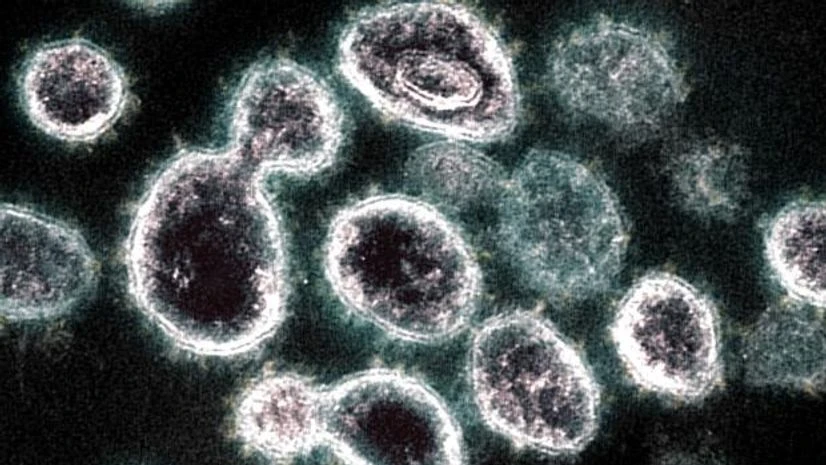Scientists believe bats first transmitted Covid virus to humans in December 2019, and while the virus has since evolved into several variants such as delta and omicron, a new study reveals the virus is still highly transmissible between mammals.
Researchers including an Indian-origin scientist at Rochester Institute of Technology (RIT) in New York in the US, developed computer simulations that show the coronaviruses use their spike proteins to attach themselves to the host cells in both bats and humans in much the same way.
"We were hoping to see really cool adaptive evolution happening as the virus got more used to humans and less used to bats, but we actually saw that there wasn't a whole lot of change," said Gregory Babbitt from the Thomas H. Gosnell School of Life Sciences.
"If you look at the phylogenetic relationships of bats to humans, we're pretty far apart on the mammalian tree. So it suggests that there would be pretty widespread cross-species infectivity, and the literature has shown there's been a lot of evidence of that," he said in a paper, including recent RIT alumnus Madhusudan Rajendran, published in the journal Royal Society Open Science.
They studied how the viral spike proteins in several SARS-CoV-2 variants interact with the host cell receptors known as ACE2 in both humans and various bats of genus Rhinolophus.
The results were surprising for the team.
More From This Section
Computer simulations showed there is a still significant risk of mammalian cross-species infectivity.
"It would be dangerous to do experiments where we reinfected bats with human viral strains, so our computer-based simulations offered a much safer alternative," said Babbitt.
--IANS
na/svn/
(Only the headline and picture of this report may have been reworked by the Business Standard staff; the rest of the content is auto-generated from a syndicated feed.)

)
